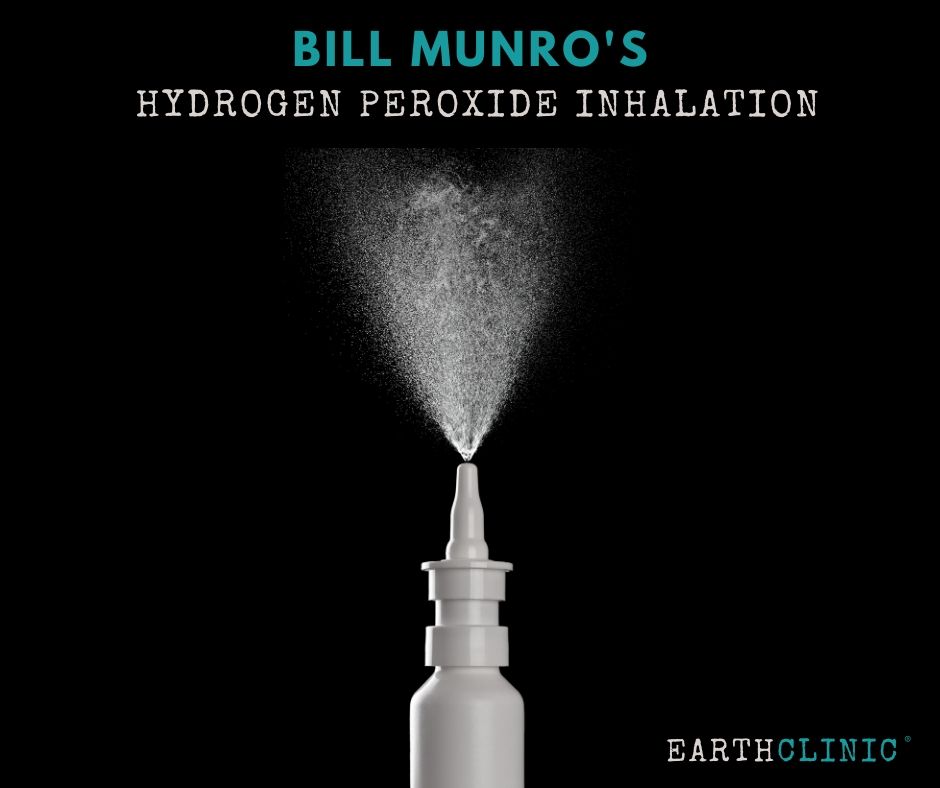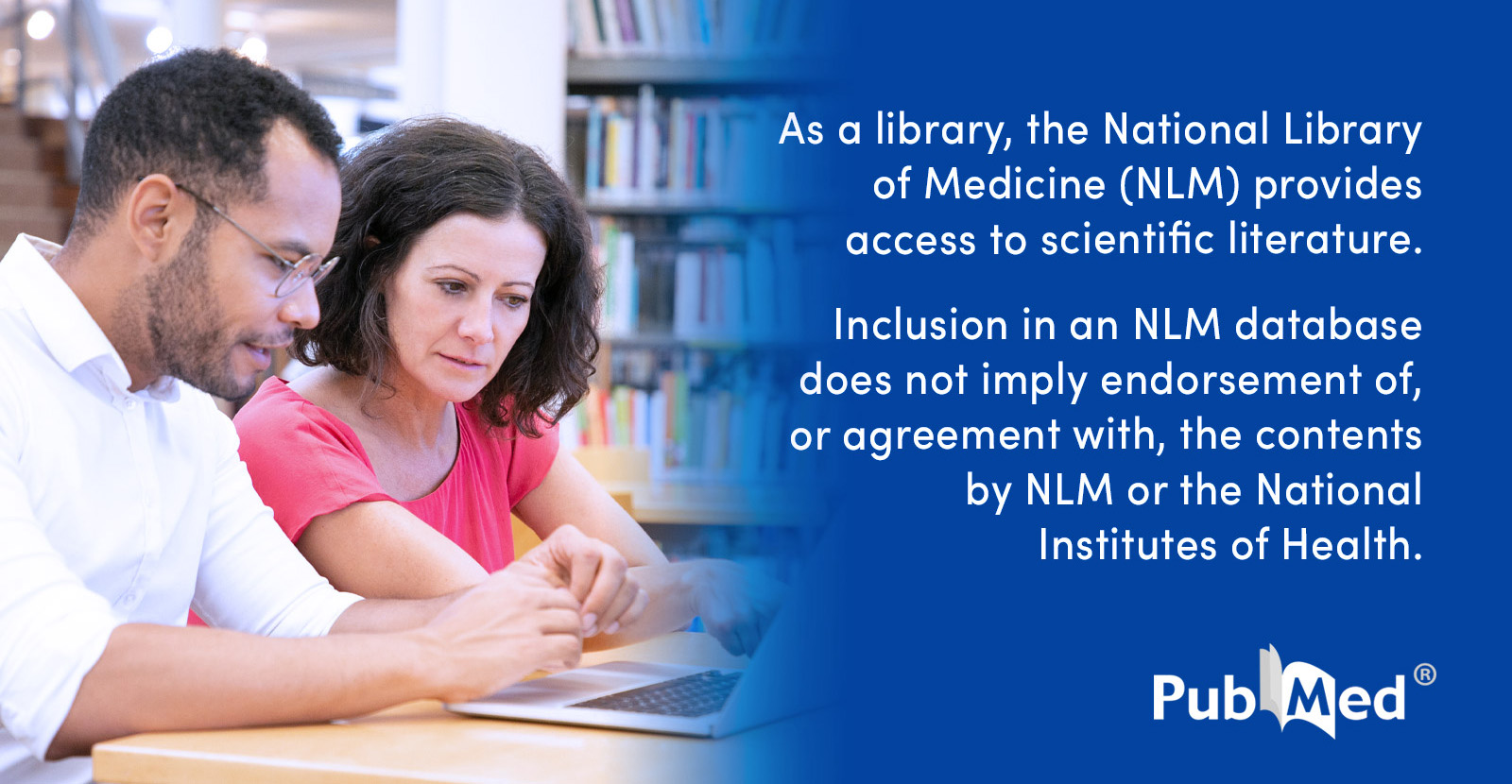Gruchaa
Jedi
Hi,
I have read about the healing effects of hydrogen peroxide. What I found is that russian doctor of medical sciences, professor, member of the Russian Academy of Natural Sciences, Iwan Pawłowicz Nieumywakin has written a book about how to use that.
For internal use, he recommends to use 3% of hydrogen peroxide (food one) starting from 1 drop in destilate or mineral water glass, 3x times a day and than adding 1 drop per day till you reach 10 drops. Than you need to stop for 2-3 days and starts again from 10 drops and stay with max 10 drops.
Has anyone used that? Do you see any health differences?
Best regards.
I have read about the healing effects of hydrogen peroxide. What I found is that russian doctor of medical sciences, professor, member of the Russian Academy of Natural Sciences, Iwan Pawłowicz Nieumywakin has written a book about how to use that.
For internal use, he recommends to use 3% of hydrogen peroxide (food one) starting from 1 drop in destilate or mineral water glass, 3x times a day and than adding 1 drop per day till you reach 10 drops. Than you need to stop for 2-3 days and starts again from 10 drops and stay with max 10 drops.
Has anyone used that? Do you see any health differences?
Best regards.






